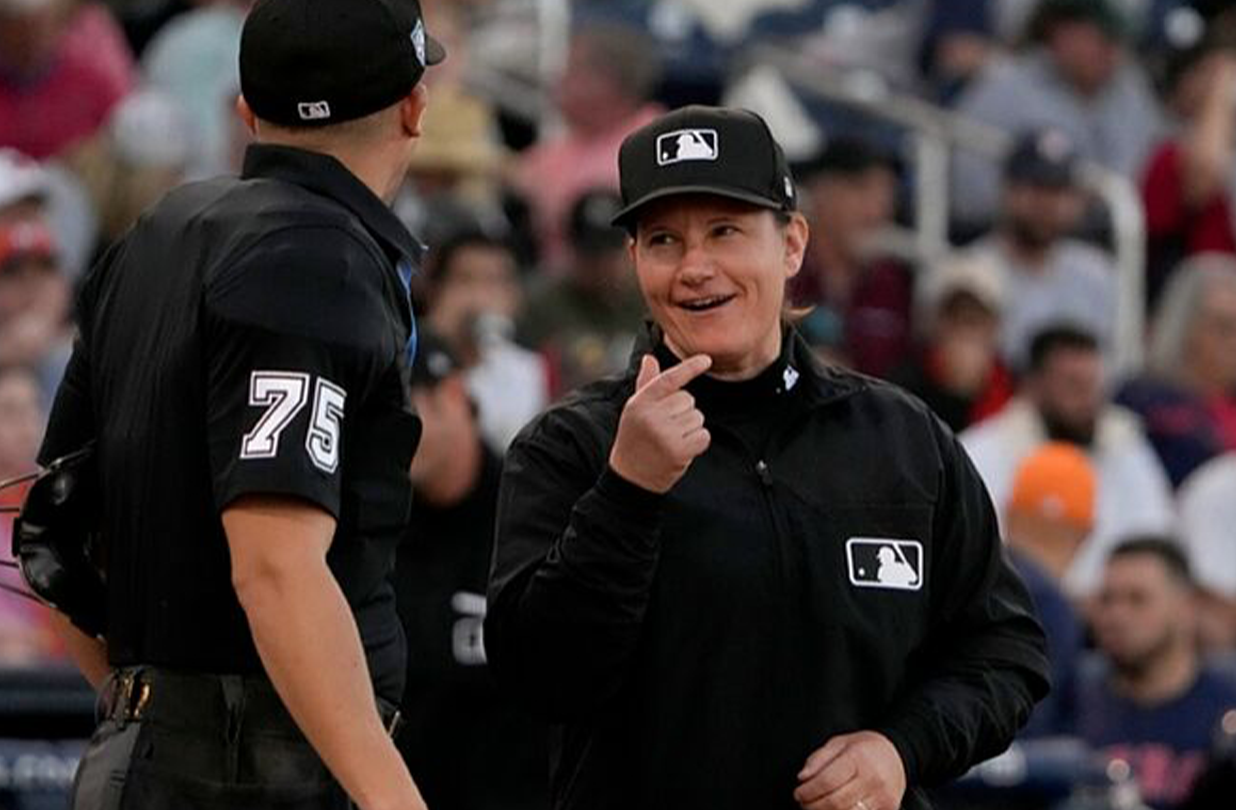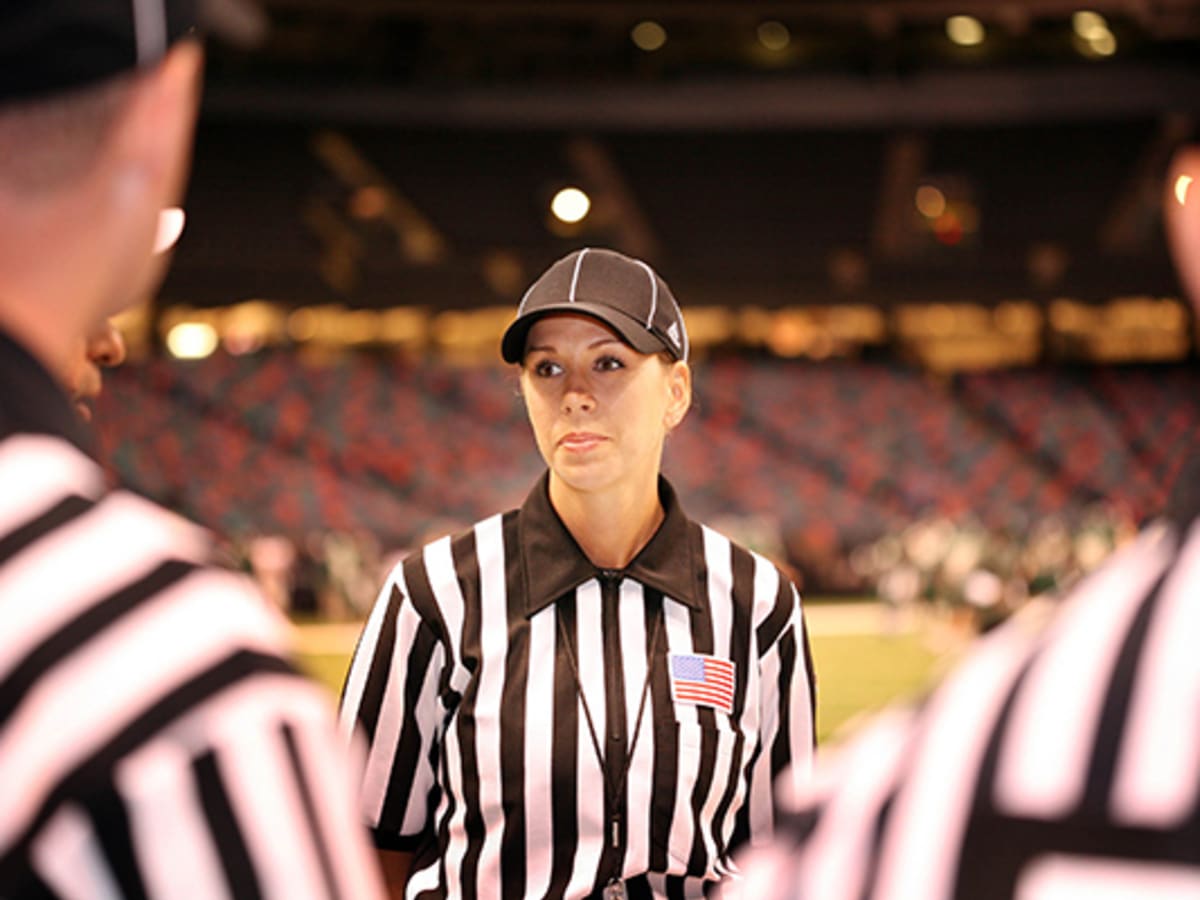I saw a piece of news today. It talked about female referees in the UFL. I think it was pretty cool, so I did a little digging.

To start, I searched for some basic info about the UFL. I found that it is a professional football league, just like the NFL, but not that famous. However, I noticed that the UFL has seven female referees, which seems pretty newsworthy. It made me think, how do these women get into this line of work, and what kind of challenges they may have faced?
I started by searching for information about “female referees”. I learned that women referees still face significant barriers, like gender bias and stuff. And I found that in this male-dominated field, they often have to deal with more scrutiny and criticism. I was shocked. I mean, they’re just doing their job, right? Why are they treated differently just because of their gender?
Then, I started looking into the paths these women took to become referees. I looked up some of the more famous female referees like St�phanie Frappart and Rebecca Welch. Rebecca Welch, on December 23, 2023, became the first woman to referee in the Premier League. And St�phanie Frappart, on December 1, 2022, became the first woman to officiate a men’s World Cup game. I read their stories and found that many of them started in local leagues, officiating youth games and gradually working their way up.
- I watched some videos of female referees in action.
- Their calls were sharp, and they kept the game flowing just as well as any male referee.
- It is a job that interests much more people of one gender than the other.
- The amount of males that want to be referees vastly outnumbers the amount of females who do.
But I still feel really bad for these female referees. I mean, it must be tough to be in a field where you’re constantly judged not just for your skills, but also because you’re a woman. Despite the challenges, these women are making a real difference. They’re not just officiating games; they’re also inspiring young girls and challenging old-fashioned ideas about what women can and cannot do.
I think it’s time we gave these women the respect they deserve. So, next time you’re watching a game and see a female referee, remember the journey she’s been on to get there. Let’s cheer them on, not just as referees, but as pioneers who are changing the game, one call at a time.

In conclusion, I believe that female referees bring unique perspectives and experiences to the table, and their presence in the UFL is a big step forward for gender equality in sports. And I hope that their numbers will continue to grow, and that we’ll see more and more women officiating at all levels of the game.











